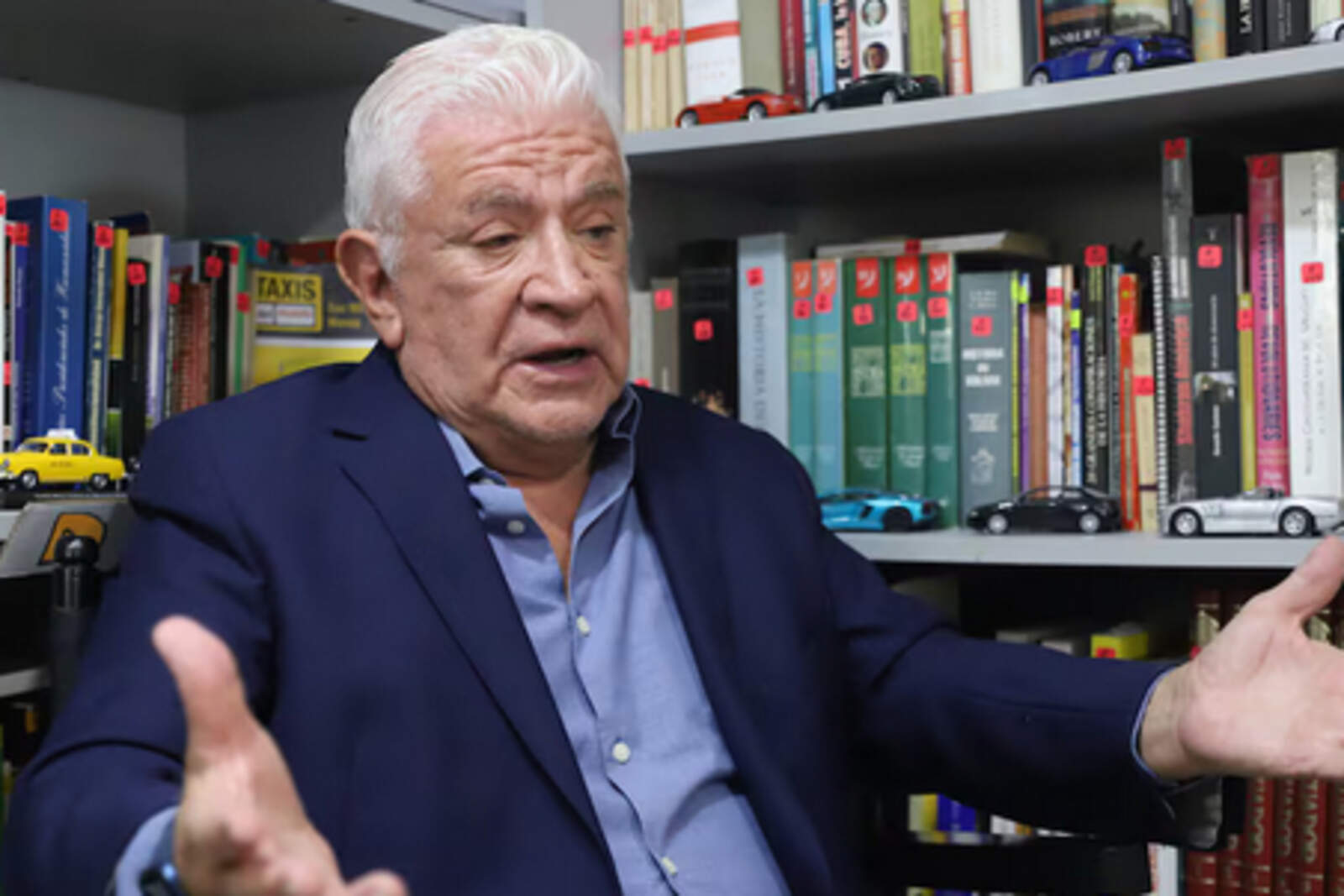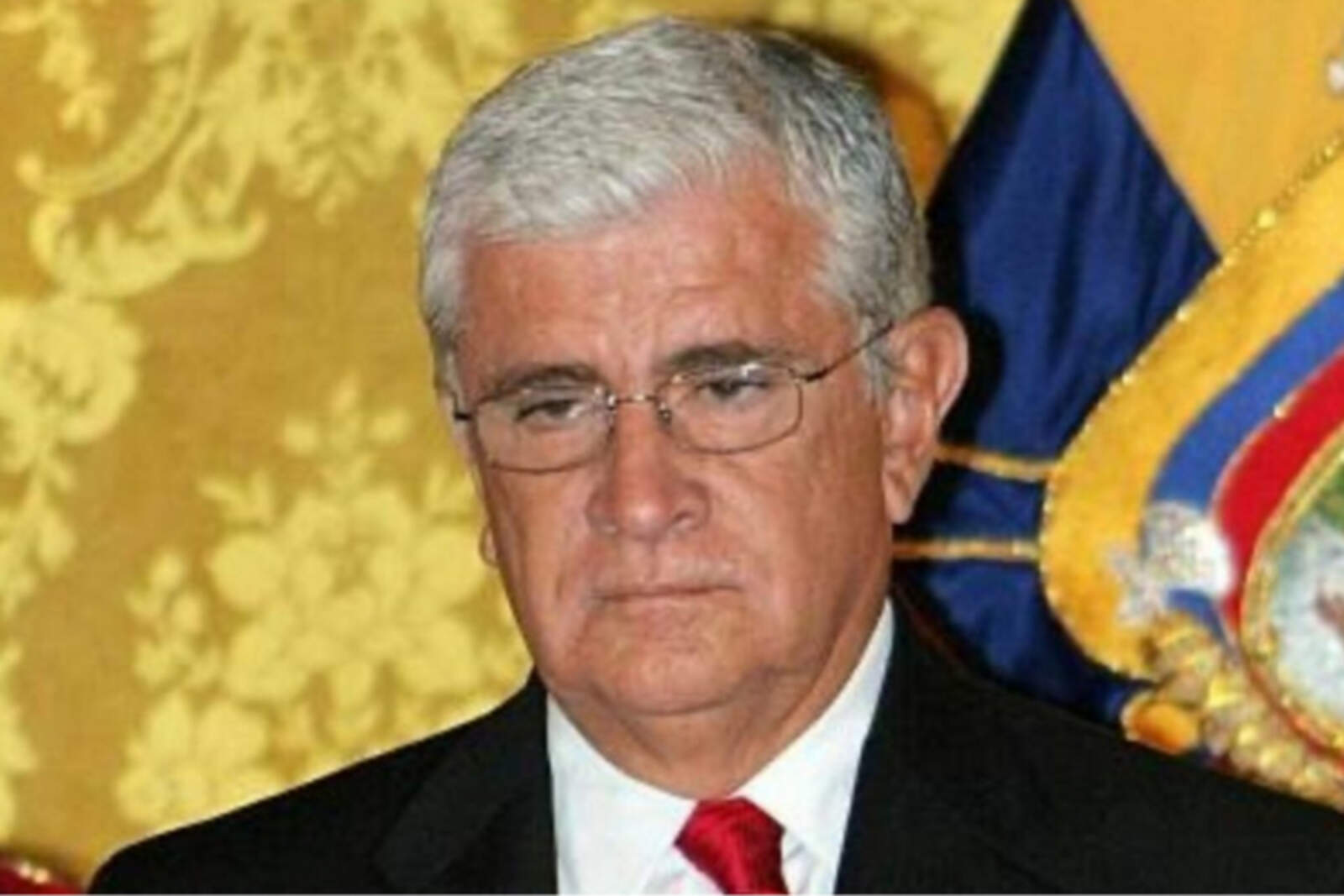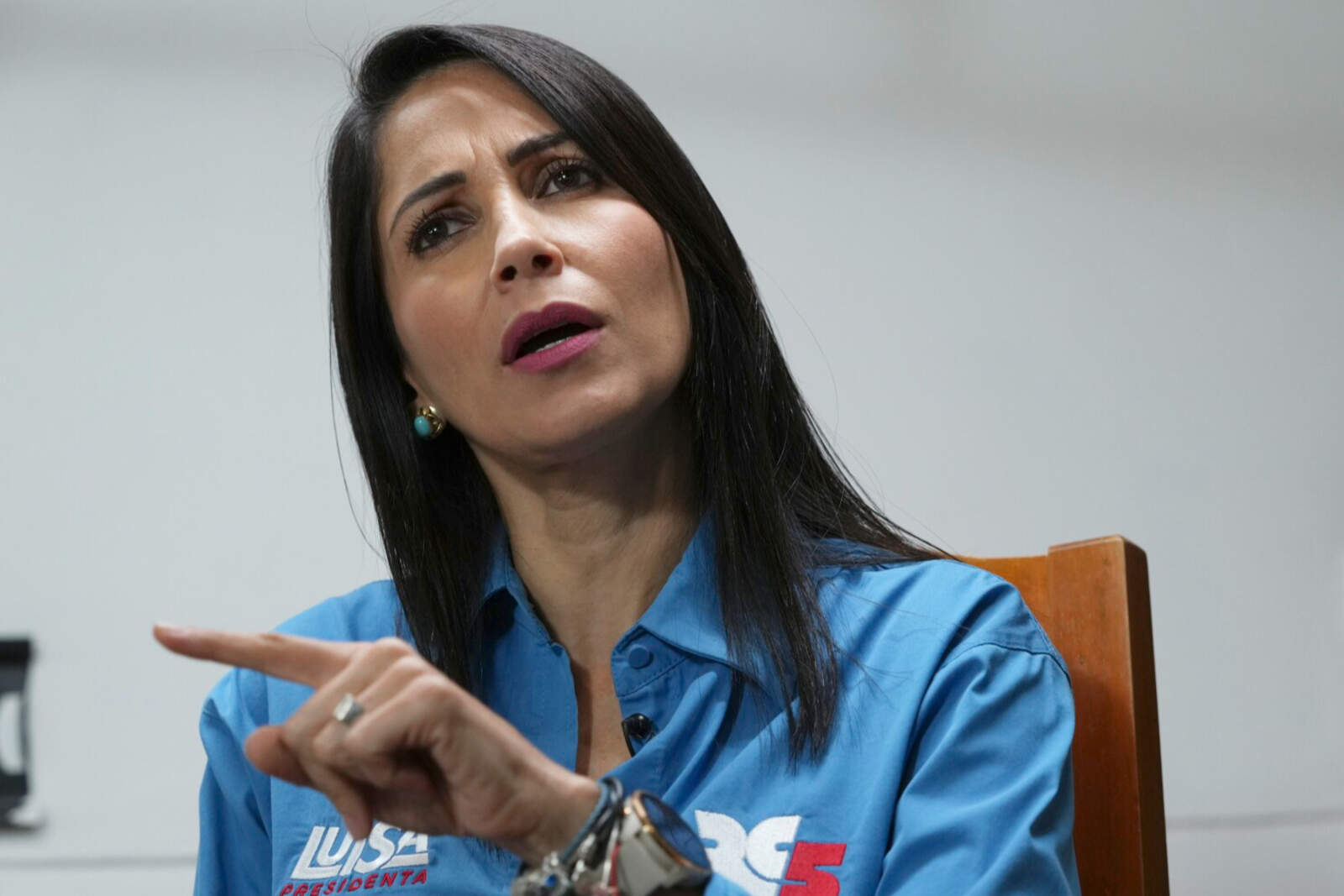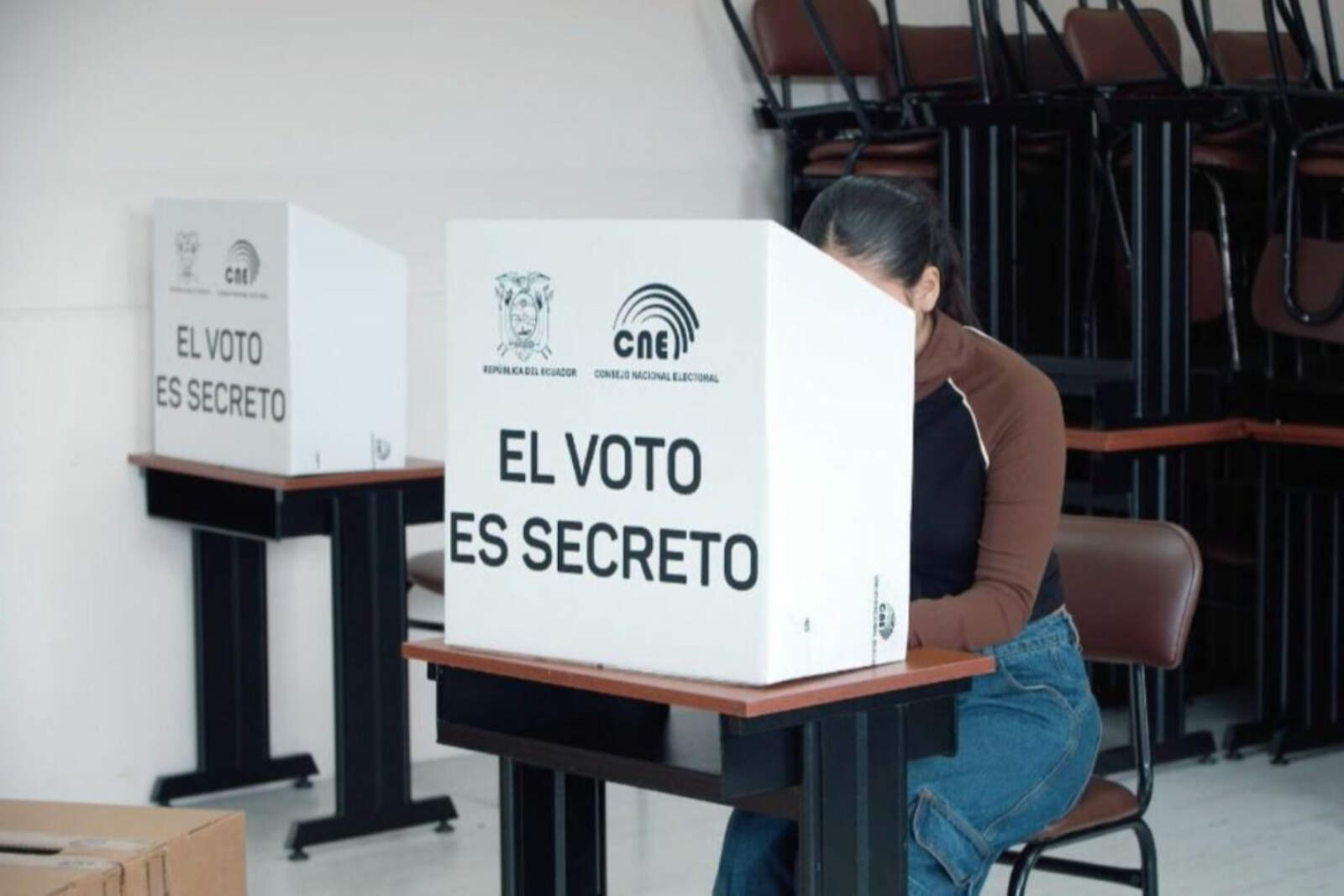On May 22, 2025, the death of former President Alfredo Palacio, who led the country between 2005 and 2007, was confirmed. He was 86 years old, and his passing shocked various political sectors and citizens. The official cause of his death has not yet been publicly revealed.
Palacio was born on January 22, 1939, in Guayaquil and trained as a cardiologist in the United States. He was recognized in his professional career for attending to political figures such as León Febres Cordero and Sixto Durán Ballén. His entry into public service occurred in 1994 when he assumed the Health portfolio during the government of Sixto Durán Ballén.
In 2003, Palacio was elected vice president alongside Lucio Gutiérrez, but he assumed the Presidency on April 20, 2005, after the then-president was removed. He governed until January 15, 2007, amid a context of institutional turmoil. During his term, he promoted health and education reforms, although he faced a fragmented National Assembly and governance challenges.
Palacio's technical and academic profile set him apart from other leaders of his time, particularly from those who adopted populist models. His style was sober, focused on public policies rather than ideological speeches. Unlike later governments that opted for leftist populist formulas, his administration sought to maintain an institutional image that strengthened democracy.








